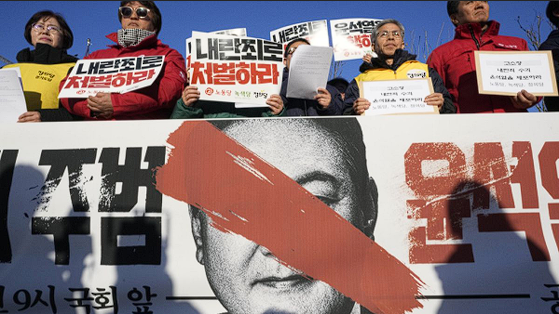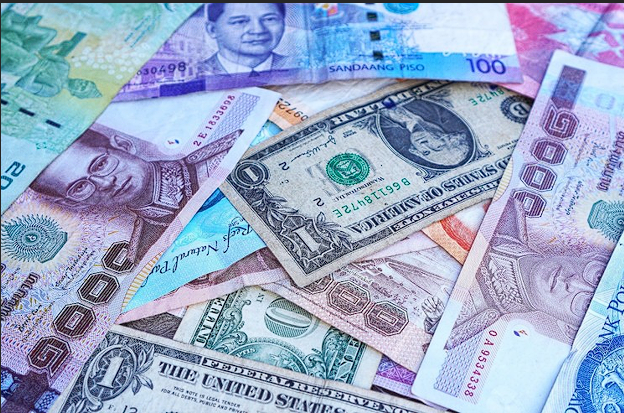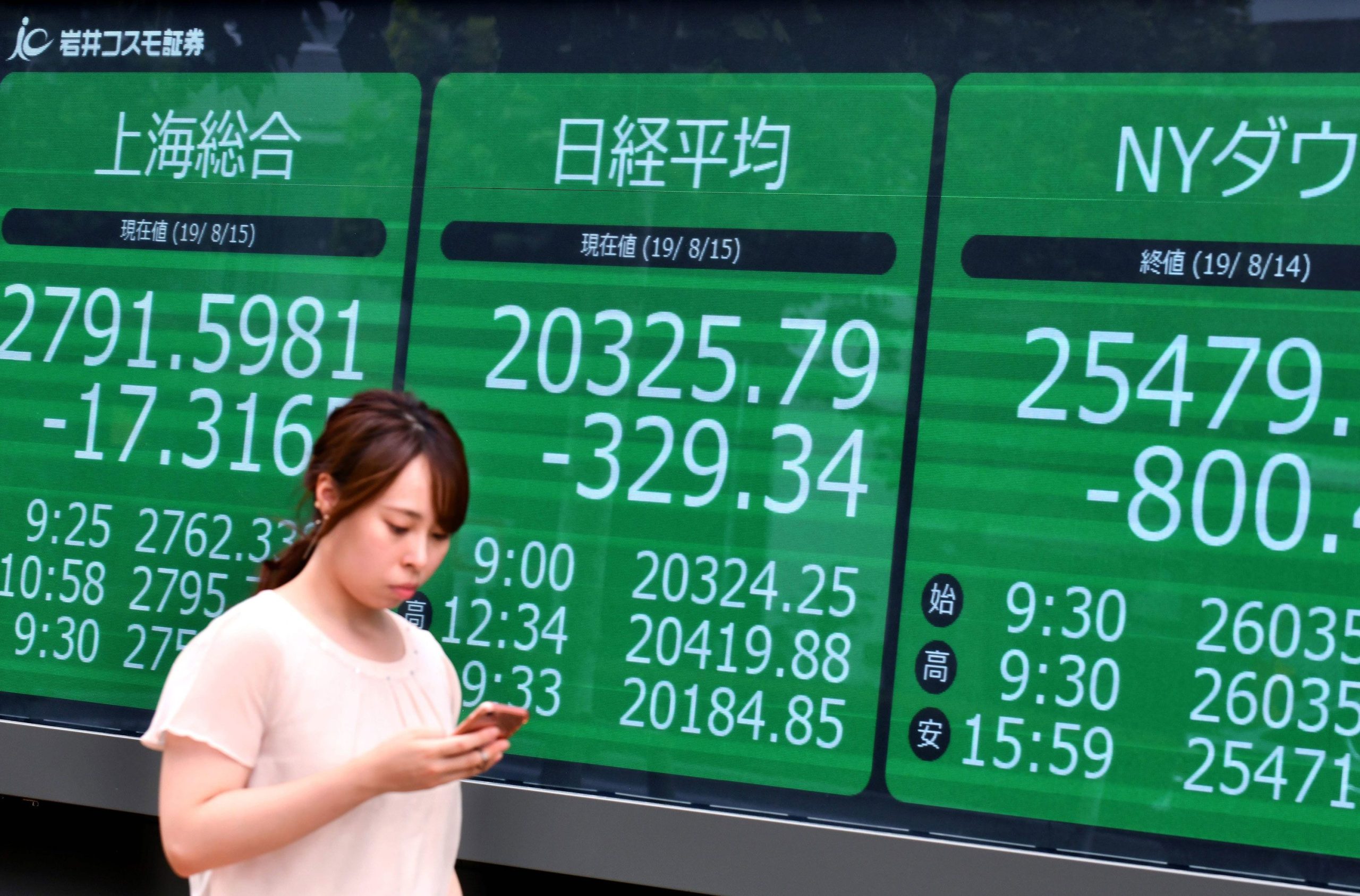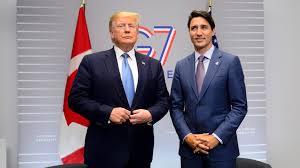South Korea stands at a pivotal moment, grappling with the fallout of a contentious political decision by President Yoon Suk Yeol. Last week’s abrupt declaration of martial law, overturned mere hours later, has left a mark on the nation’s political and economic fabric. For six hours, armed forces patrolled the streets of Seoul—a sight that shocked citizens and investors alike.
The backlash was swift. Han Dong-hoon, a senior member of the ruling People Power Party, revealed that Yoon’s martial law decree included plans to arrest opposition politicians, a move he described as a dangerous overreach of power. Calls for Yoon’s impeachment have gained momentum, with his approval ratings plunging to an all-time low of 16%.
This political turbulence has sent shockwaves through financial markets. South Korea’s KOSPI index dropped significantly, and the won’s value has eroded, approaching historic lows. The government is scrambling to reassure investors, with Finance Minister Choi emphasizing that South Korea’s economic fundamentals remain strong. Yet, a Bloomberg survey suggests a 33% likelihood of a recession within the next year.
For forex traders, these developments are critical. Observing the forex market trends is essential to understanding the potential impact on major currency pairs. The political instability in South Korea is influencing trading entry and exit strategies, as traders adapt to increased market volatility. Utilizing automated trading signals can help in making swift decisions in such an unpredictable environment.
President Yoon’s justification for martial law—a supposed threat from “anti-state forces” allegedly linked to North Korea—has done little to quell public unease. Critics point out the lack of evidence supporting these claims, casting doubt on Yoon’s motives and decision-making.
As South Korea’s economic landscape shifts, traders are re-evaluating their forex portfolio strategy. The country’s reliance on international trade means that any significant political or economic upheaval can have far-reaching effects. The current scenario necessitates a keen understanding of scalping indicators to navigate the short-term fluctuations and capitalize on the potential opportunities that arise from such events.
In the broader context, South Korea’s position as a major player in international trade is under threat. The country faces the dual challenge of political instability at home and potential shifts in U.S. trade policies under President Trump. Failure to adapt could have long-term repercussions, not just for South Korea but for the entire region.
Despite these challenges, the government is taking steps to stabilize the situation. Efforts to reform foreign exchange and stock markets are underway, and officials remain committed to fulfilling international obligations such as the inclusion in the World Government Bond Index.
However, the road ahead is fraught with risks. Political uncertainty, coupled with economic volatility, has left South Korea vulnerable to both internal and external pressures. Whether the nation can rise above these challenges remains an open question. For now, the world watches as South Korea navigates this critical juncture.








